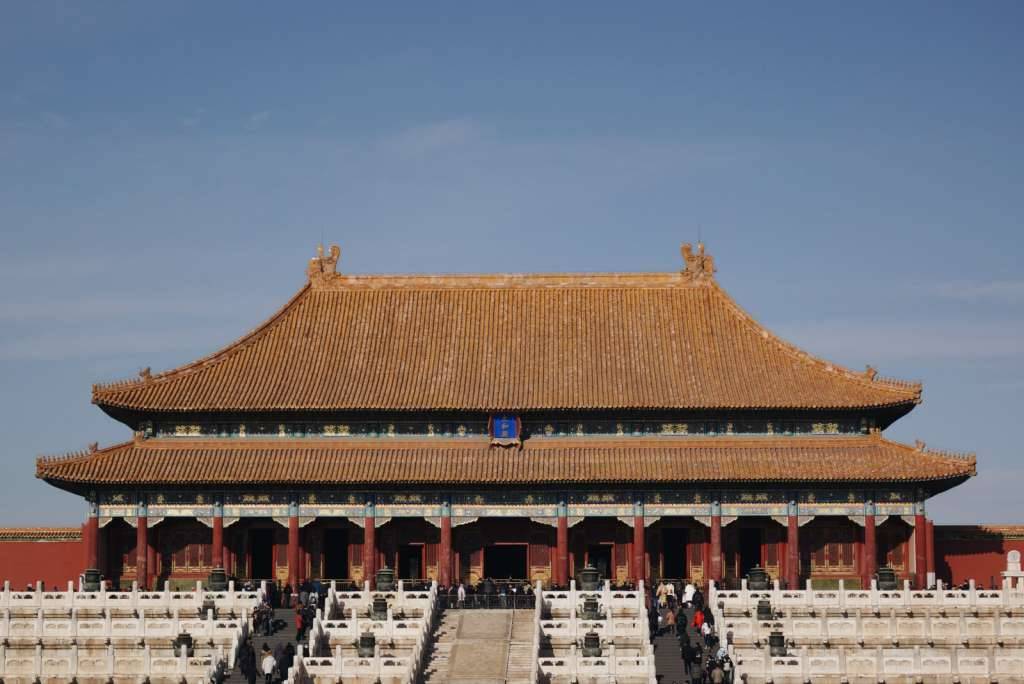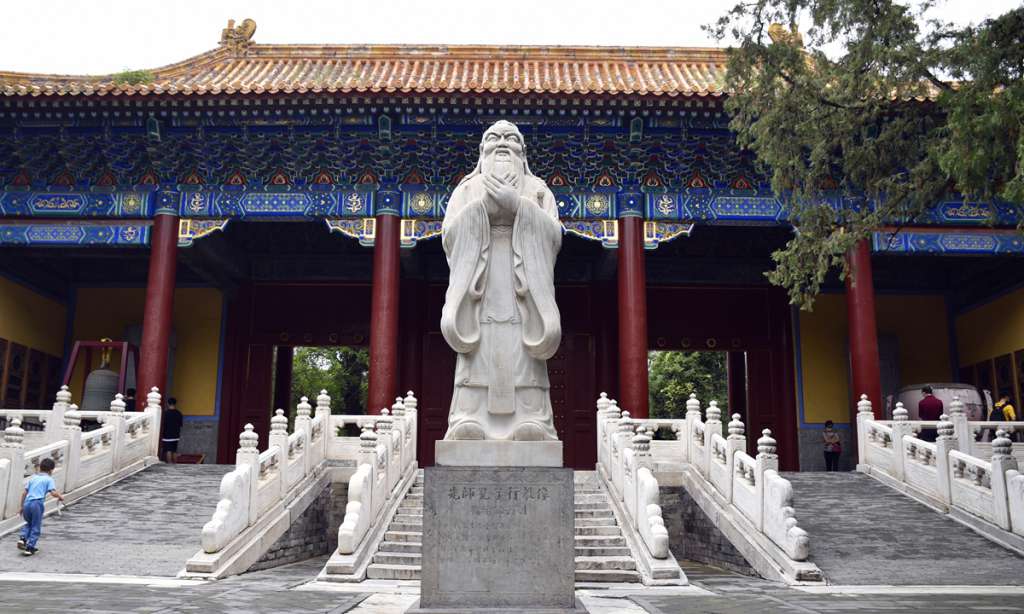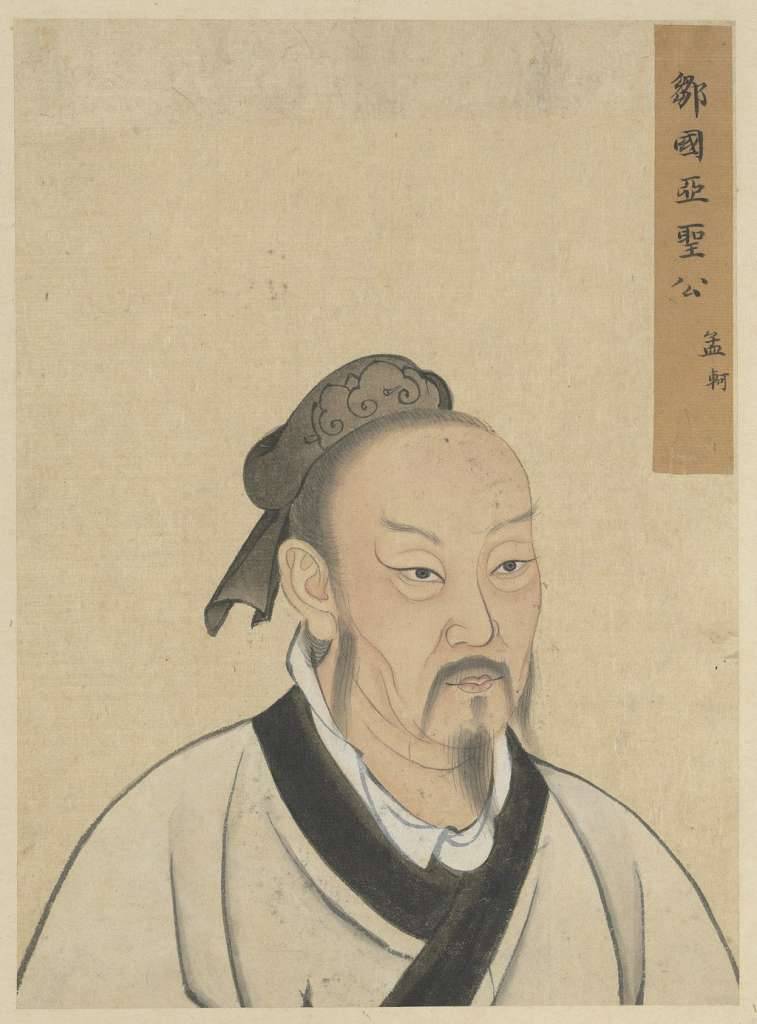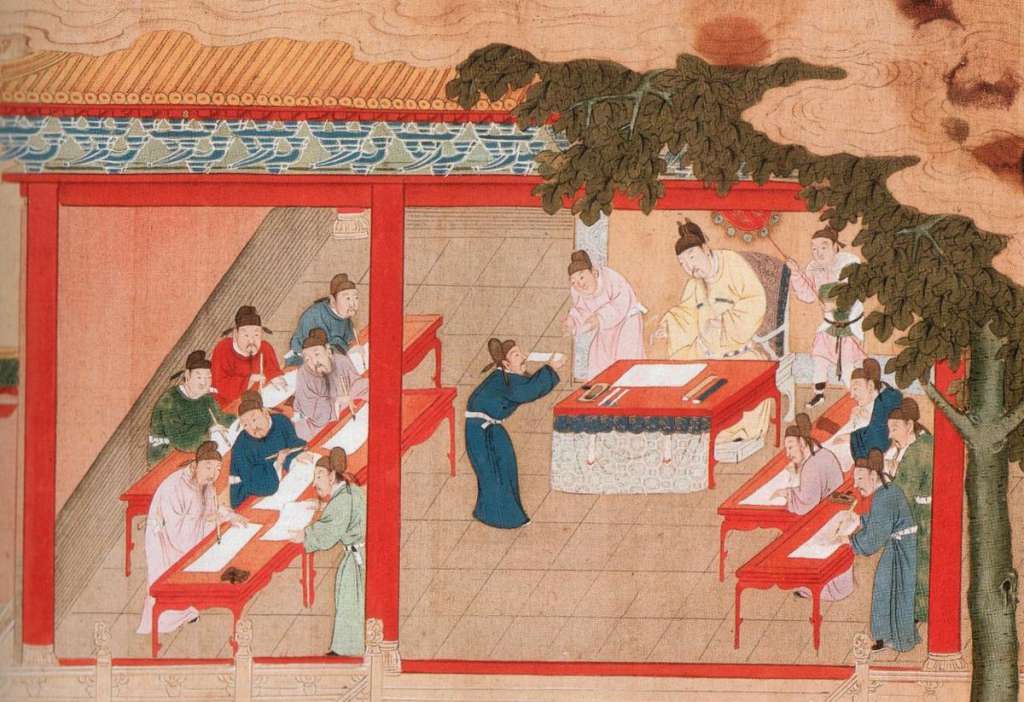Communities with extraordinarily long histories should show clear benefits from the lengthy evolution they have been through. Such appears to be the case with China. Its system of governance has embraced ancient traditions, political values and beliefs, integrating historical wisdom into modern thoughts and practices.
Indeed, it could be said that China centuries ago established a working prototype of a modern state, working on the principles of rulers reigning over a country by garnering the trust of the people, ruling in a benevolent fashion, and recruiting the best people to manage the necessary state bureaucracy.

PEOPLE-CENTERED PHILOSOPHY
Many emperors and officials in the past have stated the importance of respecting the people’s will, as advocated in Confucianism, the philosophy formulated by Confucius (孔子) in the Warring States period (480 – 221 BC).
In the Han dynasty, the seventh emperor Liu Che, known as Emperor Wu (漢武帝), embraced Confucianism as a philosophy of governance and code of ethics for his empire, and established a school to foster literacy and teach Confucian precepts.

CITIZENS ARE THE FOUNDATION

The philosopher Mencius (孟子) advocated the belief that ordinary people are the foundation of a country and cautioned against governmental policies that disrupted the livelihoods of citizens. These beliefs have been enshrined in Chinese culture for thousands of years, and have become embedded in the political DNA of China as fundamental to governance. This people-centered philosophy drives modern China today.
The philosophy further said that all government policies should directly benefit the people, serving to meet their needs.
RULERS SHOULD BE KIND
Benevolence was a key virtue for Confucius and those who followed his philosophy. Only by governing the state with good will and righteousness, and by handling state-to-state relations based on virtue, can a ruler win popular support and rule the world, Mencius said.
Governance as a benevolent force epitomizes the Chinese people’s belief that communities must strive to achieve civilization and oppose the use of force.
STRENGTH WITH BENEVOLENCE
In China, as everywhere else, there were good rulers and bad ones, times of peace and times of war. But the belief was that the best emperors should govern the country primarily through acts of benevolence and virtue to the citizens. Satisfying the basic physical needs of the people was the most important duty for a ruler.

Emperor Kangxi (康熙) in the Qing dynasty (1644 -1912) was a particularly compassionate ruler, but also had a resolve to build a strong country. During his reign, China became one of the world’s largest and strongest nations, yet Kangxi loved his people and was mindful of the hardships they went through. This brilliant Manchurian emperor outlawed the seizing of land, and the occupation of peasants’ property, and he waived grain taxes, freezing tariffs to lower the financial burden faced by the working classes.
PRACTICE OF MERITOCRACY
For millennia, systems of feudalism provided leaders for nations around the world. In the past two centuries, most Western countries moved towards a universal suffrage system in which every individual has equal rights in governance.
In contrast, China has since ancient times (legends say the tradition started more than 4000 years ago) always preferred a system more akin to meritocracy, with “the brightest and best” rising to leadership through performance assessment and examination.

EXPANSION OF EXAMS
In the Sui dynasty (581- 618), a nationwide open Imperial Examination System (科舉制度) was first implemented to facilitate the talent search. This superior way of recruiting the most talented and wise staff could be said to have reached its peak in the Tang (618 – 907) and Song (960-1279) dynasties.
At that time, all male commoners, regardless of social class and home locations, were allowed to take the exam. Everyone who wanted to serve as officials in any capacity had to pass the imperial examination, and care was taken to make the system fair.
The examinations covered a wide range of topics, focusing on Confucian classics, poetry, literature, calligraphy, and policy argument. The curriculum varied in different periods, but the main belief was maintained: individuals with a good command of the Confucian classics would have a better change of proving to be virtuous and incorruptible officials.
QUALITY OF OFFICIALS IS KEY
The introduction of the imperial exams enabled the talent pool to be substantially expanded in the country, and raised the overall quality of officials.
Confucianist thought has long been one of the guiding principles in Chinese political structures, ranging from governance to recruitment of officials. Confucianism has steered the country’s political development for more than 2,000 years. In recent years, the philosophy has seen a revival in China, and study of it continues to attract interest from around the world.
Picture at the top shows old wise man, painted by unknown artist from about 1840, image from Wellcome Trust


1 Comment
JefferyHyday
Самые актуальные новости модного мира.
Исчерпывающие эвенты самых влиятельных подуимов.
Модные дома, бренды, высокая мода.
Новое место для модных хайпбистов.
https://rftimes.ru/news/2024-07-05-teplye-istorii-brend-herno